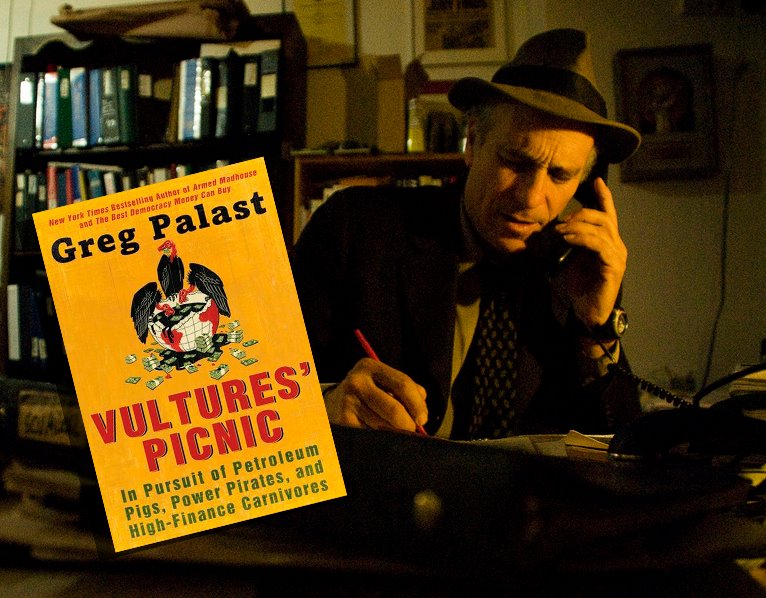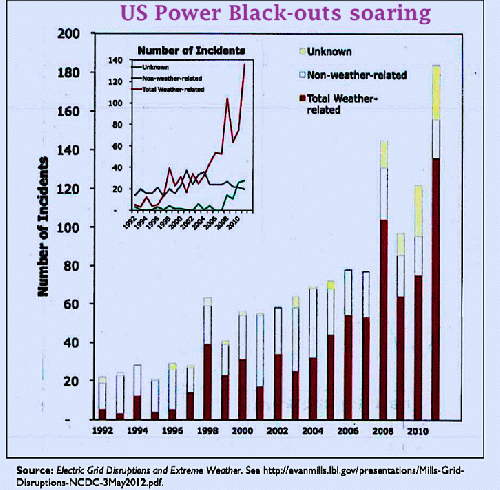The darkness, the misery and death you are witnessing in Louisiana is not an act of God, it's an act of Entergy Inc.
I was hired by the City of New Orleans to investigate why their power company, Entergy, simply can't keep the lights on while citizens' electric bills soar. That was in 1986.
In 35 years, nothing has changed my official conclusion: Entergy is a racketeering enterprise parading as a power company.
This week, Entergy lost 2000 miles of high-voltage power lines. I've worked on power systems worldwide and you won't see that type of disaster in Bangladesh after a typhoon.
Why? To Entergy, hurricanes have become a profit center.
Here's how they did it after Katrina. Entergy wouldn't get the city's lights back on for over a year. Not that they didn't act swiftly: Just three weeks after the hurricane - Entergy took emergency action"by tossing its New Orleans subsidiary into bankruptcy. It was a nice trick to duck liabilities for its negligence and avoid fronting the cost of repair.
Yet, immediately after Katrina, Entergy posted a breathtaking 24% jump in profits for the quarter that it attributed to "weather." But you don't need a weatherman to know that this story blows: With New Orleans drowned, Entergy sold off the city's electricity allotment elsewhere at a huge profit.
There is nothing new under the Louisiana sun. In 1986, Entergy's New Orleans system was going broke because of the eye-popping cost of buying wholesale power, four times the national norm, from a company called "Middle South Utilities." Middle South was 100% owned by -you guessed itEntergy.
But those were the days of government regulation, and the government regulators who had hired me, ordered an end to the shell game.
But then came George W. Bush who, in 2001, "deregulated" the wholesale market, and the siphoning resumed with a vengeance.
Busy shuffling loot from pocket to pocket, Entergy had neither the concern nor funds to harden their system against a hurricane.
It's been more than a decade since the Infrastructure Security Office (yes, there really is such an office) at the US Department of Energy issued its report, "Hardening and Resiliency U.S. Energy Industry Response to Recent Hurricane Seasons," which forced power companies to prepare for Category 3 winds (the power monopolies refused the admonition to prepare for Categories 4 or 5) with extra guy wires on transmission towers, mobile generators and transformers, protected communications, and more.
That takes money. Entergy got the money from the ratepayers of New Orleans Louisiana and Mississippi. But where was the investment? Where were the mobile generators to keep the water systems on?
I reached Brod Bagert, Jr. on his cell phone in New Orleans. It was Bagert's dad, Brod Bagert Sr., who hired me to investigate Entergy 35 years ago (it never ends, does it?).
(Note: You can view every article as one long page if you sign up as an Advocate Member, or higher).







